Crackdown targets protection visa scam
A crackdown on foreigners trying to enter Australia illegally has resulted in a huge spike in interceptions at overseas airports.
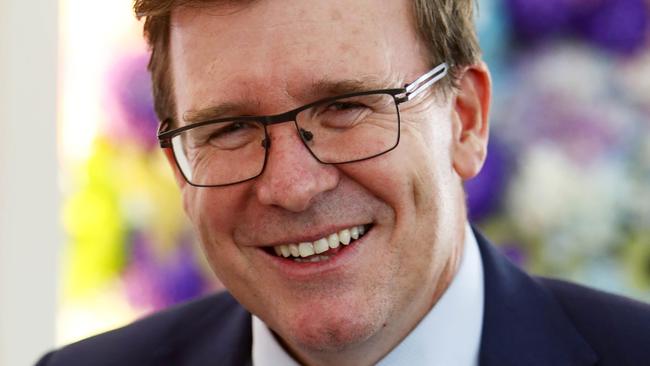
A crackdown on foreigners trying to enter Australia illegally and exploit protection visas has resulted in a huge spike in interceptions at overseas airports and passengers being kicked off flights, with the new approach stopping 1730 arrivals in 2018-19.
Australian Border Force has ramped up operations at international flight terminals, targeting individuals carrying fraudulent documents and those who have lied about or obscured their genuine reasons for travel.
Protection claims by Malaysian and Chinese citizens have also declined sharply in the first six months of 2019-20 as the ABF and Department of Home Affairs use intelligence threat assessments, improved alert systems and risk profiles to stop foreigners aiming to prolong their stay.
Acting Immigration Minister Alan Tudge said Australian authorities were working with regional partners, including Malaysia, to curb the number of unfounded protection claims.
The Australian can reveal that, in 2018-19, ABF officers intercepted 387 people at international airports around the world who were attempting to travel to Australia without proper documentation. This compared with just 205 in 2017-18, representing an 89 per cent increase.
There were also “significant increases” in people offloaded from flights to Australia based on recommendations from ABF officers, amid concerns these individuals had lied about their genuine reasons for travel.
In 2018-19, there were 1343 passengers offloaded by airlines based on advice from Border Force officers compared with 555 passengers in 2017-18 — a 142 per cent increase.
Mr Tudge said Australia had one of the most “generous humanitarian programs in the world” but warned that too many people had tried to take advantage of the system by falsely claiming they needed protection.
“We settle thousands of people in desperate need every year,” Mr Tudge said.
“Some people unfortunately seek to exploit our international obligations by lodging protection claims onshore which have no foundation — this issue is not new and is not unique to Australia.
“These individuals use our legal system to deliberately prolong their stay in Australia even when they have no prospects of success.”
There was a 19 per cent decline in protection lodgments from Malaysian citizens in the first six months of 2019-20, with 3410 claims being made compared with 4191 in the first six months of 2018-19.
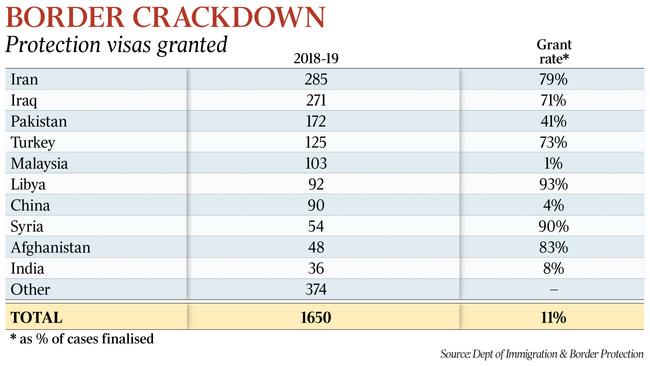
There was also a decline of 16 per cent in protection lodgments from Chinese citizens over the same period, with 2106 claims made in the first six months of 2019-20 compared with 2506 in the first six months of 2018-19.
Other measures implemented by the ABF and the Department of Home Affairs to strengthen the integrity of Australia’s visa and immigration systems included the cancellation of visas of “non-genuine travellers” ahead of arrival. The ABF and department are also actively responding to increases in fraud and noncompliance by increasing scrutiny of visa applications.
Mr Tudge said co-operation with regional partners combined with border protection measures “before, at and after the Australian border” had reduced the number of claims coming from known international hot spots.
Countering Labor’s claims of a surge in asylum-seekers arriving by air, the government said less than 0.25 per cent of people who arrived in Australia by plane went on to apply for protection and, of them, about 90 per cent were refused. Mr Tudge said that, in the last three years of the previous Labor government, 6900 permanent protection visas were granted to people who arrived by air. In the past three years under the Coalition, 4780 visas were granted.
Protection visas allow holders to live, work and study in Australia permanently and sponsor eligible family members for permanent residency through the offshore humanitarian program.
For permanent visas, asylum-seekers escaping persecution or harm in their home countries must have arrived legally in Australia and meet health, character and security requirements.
Others attempting to secure protection visas are motivated to prolong their stays in Australia, seek employment and a better quality of life.
Analysis of Department of Immigration and Border Protection data shows Malaysian and Chinese citizens topped the list of protection visa lodgments ahead of those from India, Thailand, Fiji, Vietnam, Indonesia, Pakistan and The Philippines.
Of the protection visas granted by citizenship, Iran, Iraq, Pakistan, Turkey, Malaysia, Libya and China top the list. Only 11 per cent of protection visa cases finalised in 2018-19 were successful.
A monthly update for December released by the department revealed a total of 2219 protection visas were lodged last month. There were 997 refugee status determinations made and 75 individuals granted a final protection visa, with Turkey, Venezuela, Iran and Afghanistan topping the list.
The Coalition last year successfully won Senate crossbench support to repeal the medivac law, which allowed asylum-seekers to be transported to Australia on the advice of doctors. Opposition home affairs spokeswoman Kristina Keneally has clashed with the government over her claims that people-smugglers have “changed their business model from boats to planes”.
The Administrative Appeals Tribunal continues to be flooded by appeals from people seeking protection visas, who have been rejected, with some still being processed from Labor’s legacy caseload.
In recent cases, many involving Afghan citizens, asylum-seekers have been citing violence and blood feuds in attempts to overturn refusals of their visa applications.

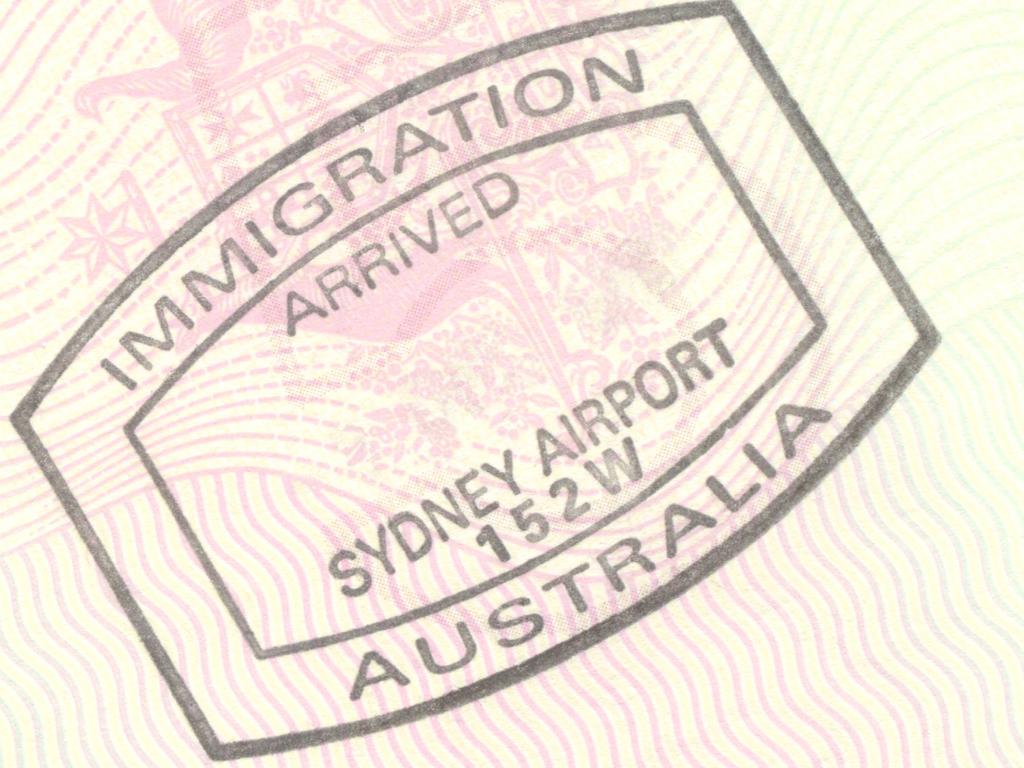
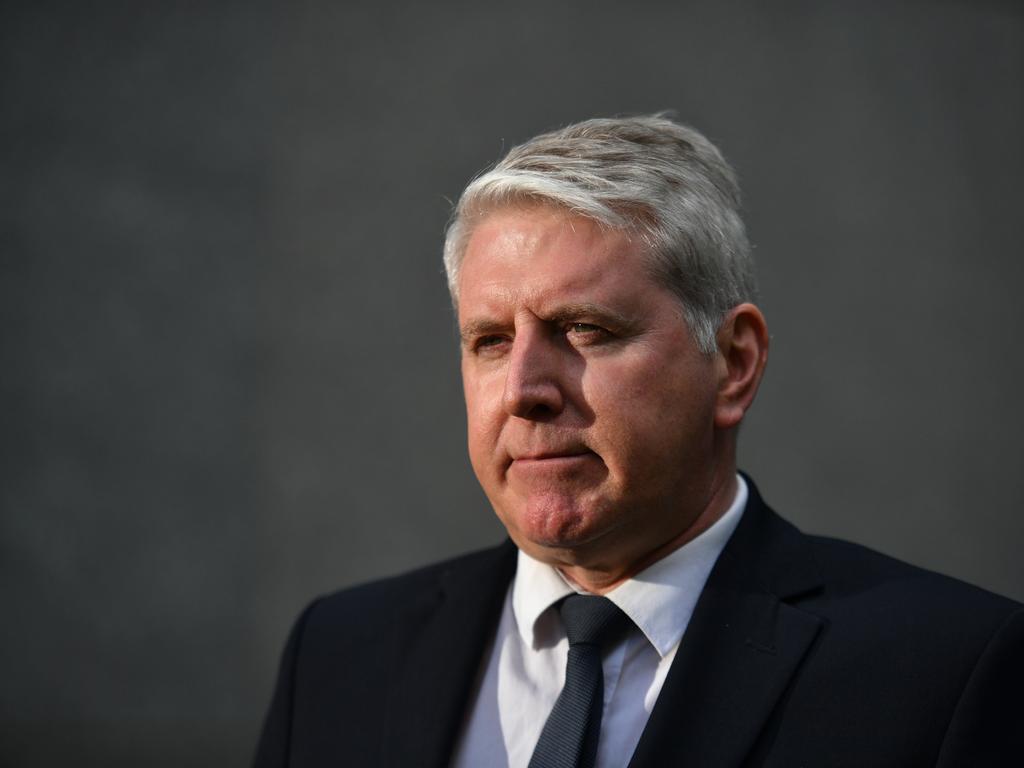
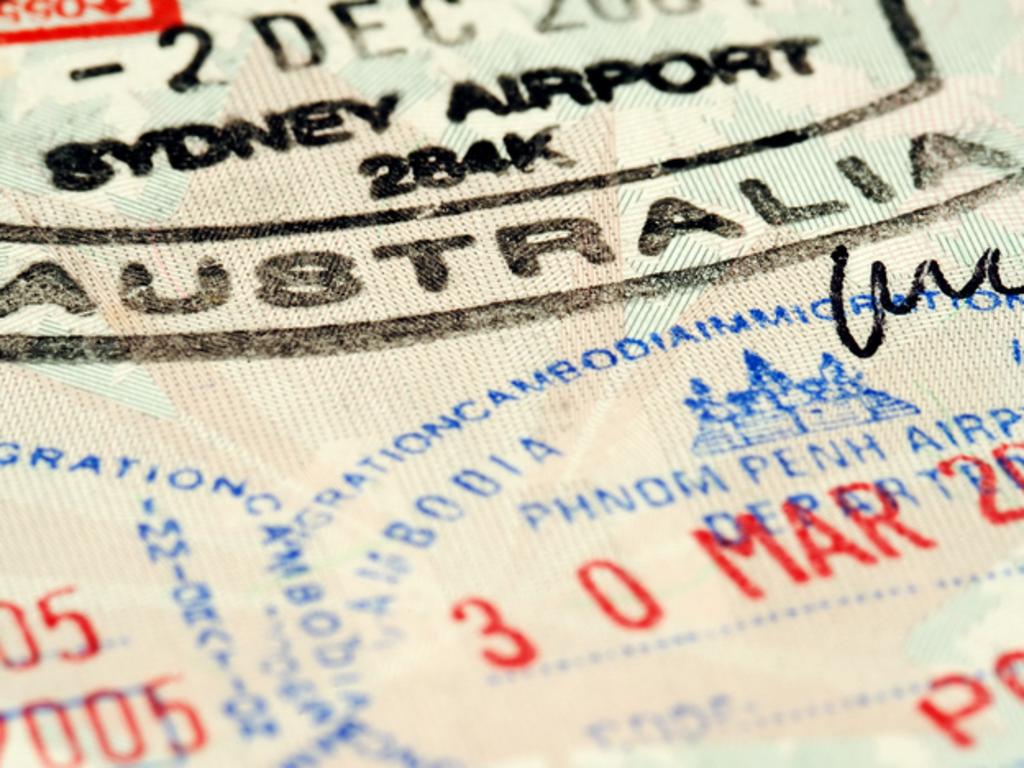


To join the conversation, please log in. Don't have an account? Register
Join the conversation, you are commenting as Logout